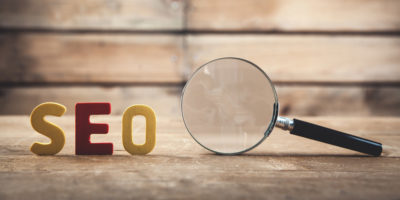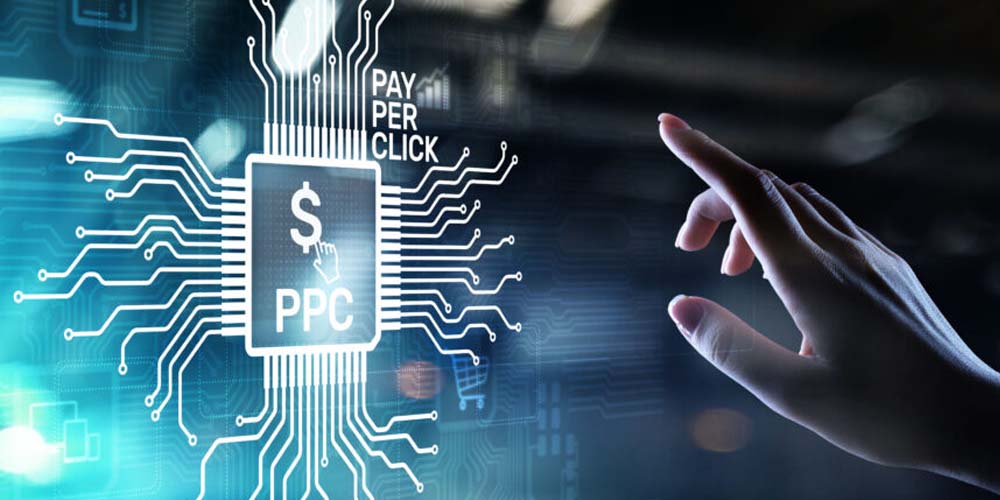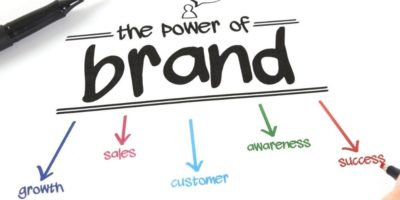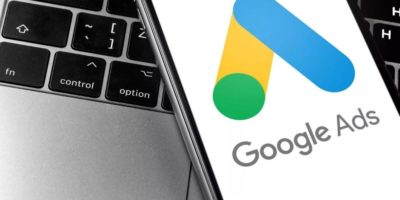
Top Benefits of Link Building in SEO For An Established Website
If you own and manage a website, the main challenge you face is to ensure that whenever people search for

In 2021, the internet or digital marketing is now the most dominant force of advertising. The pandemic has fast-tracked the death of the traditional techniques as people stopped going out.
Every one of their buying or spending habits became digital through shopping apps.
Brands are now more and more reliant on digital marketing techniques. However, not every technique has the same level of benefits or advantages. As a brand owner or marketer, you need to be aware of every type of technique to utilize them best. This blog covers the concept of PPC and other aspects of it like-
The meaning of PPC is the acronym: Pay Per Click. PPC is a form of digital marketing strategy where a brand builds up digital hoardings across the internet. In a PPC marketing campaign, brands generally charge the provider a fee every time a user clicks on them. It is a form of direct marketing that reaches out to the customer and showcases the brand.
There are a wide variety of benefits of PPC in digital marketing campaigns.
Here are just some of the few-
1)PPC helps build urgency-A company has planned a large sale and is trying to reach out to the maximum number of people. The best way to reach out simultaneously is through the internet, and PPC would be extremely useful. You can directly send the word out, and interested people would click on the link.
2) More effective than billboards- The big advantage of the PPC campaign, unlike a real-life billboard, is that they are clickable. It means you can gather information on your audience base and only pay for the interested party. The precision of PPC marketing makes it highly desirable for brands alike.
3)PPC can mean higher ROI- In certain cases, a PPC campaign can bring higher sales conversion and return. The reason is that highly interested people only enter the website.
4)PPC allows you to run A/B tests- When running a PPC campaign, you can optimize it in a live environment. Use the A/B functionality where You can effectively compare two versions of the PPC marketing. It can help you optimize and figure out which one gives higher returns on the go.
5)PPC campaigns historical data: The benefit of PPC in digital marketing is that you get a rich data set over the years. All of it can prove to help companies understand their customers better and cater to them.
PPC in digital marketing requires prerequisite information about the audience and trends before setting up the Pay Per Click campaign. Here’s just some category of research that needs to be conducted-
To build a PPC marketing plan, you need to build an audience profile to determine the style and approach.
Keywords required: How does a PPC provider know which audience to show the required ad and is more likely to click. There are many tracking mechanisms within the websites a user visits, which keep a tab of keywords.
Once a brand selects the keywords, the audience profile is most likely to search for PPC marketing campaigns. Here are some tips to keep in mind when building a campaign-
Start A/B testing on the side- Run a separate campaign to see your success or failure.
Results- Once you have analytical data of the campaign, analyze the campaign and restart the PPC campaign.
The difference between Pay Per Click and SEO marketing are as follows-
You have now learned-what does PPC stands for and what is PPC in marketing. The benefits of running PPC campaigns are numerous, but it’s important to keep a stock of the brand image.
Overuse of PPC campaigns and filling websites with digital banners can be a turn-off. It’s important to ensure that a certain balance is maintained and no one gets turned off.
Try to utilize both direct and indirect marketing strategies for different purposes. Ultimately the brand will be attractive to the audience for the product, so always deliver on what you advertise.
Create a PPC campaign for maximum exposure of your brand today!!!

If you own and manage a website, the main challenge you face is to ensure that whenever people search for

Content marketing is a strategic marketing methodology that relies on creating and distributing valuable, meaningful, and consistent content in order

You can only sell better if you connect with your consumers well. Developing a connection with your consumers is the

Google Ads are paid advertisements that appear in search engine results on google.com or advertisements that show up on other

In today’s digitalized world, everyone is addicted to different forms of social media. Social media is not only used for

Your digital marketing efforts directly get reflected in your website. If you desire to have a great website user experience